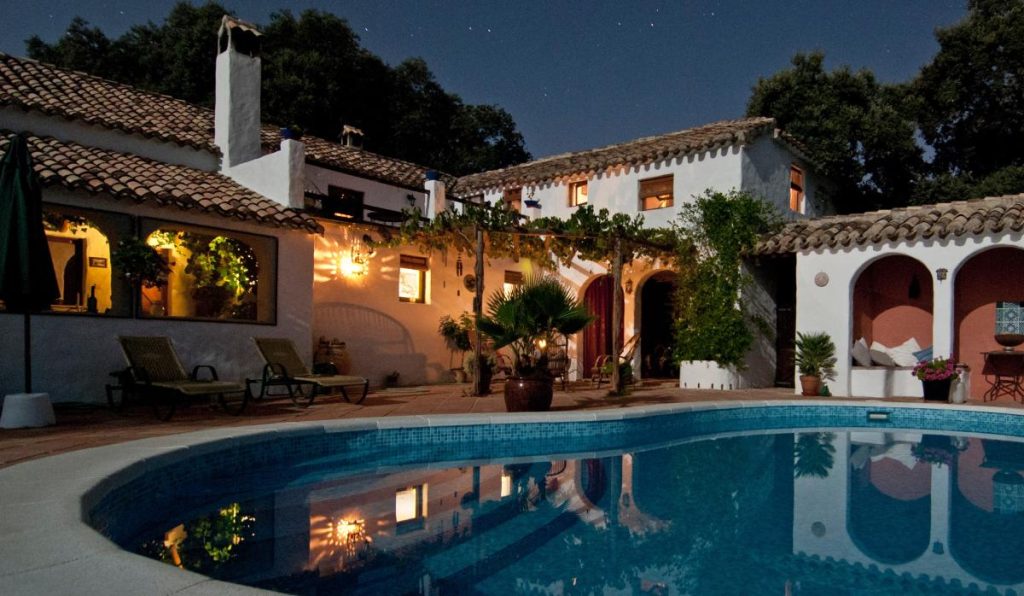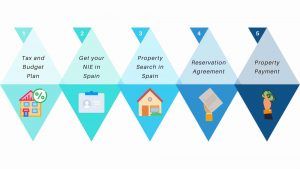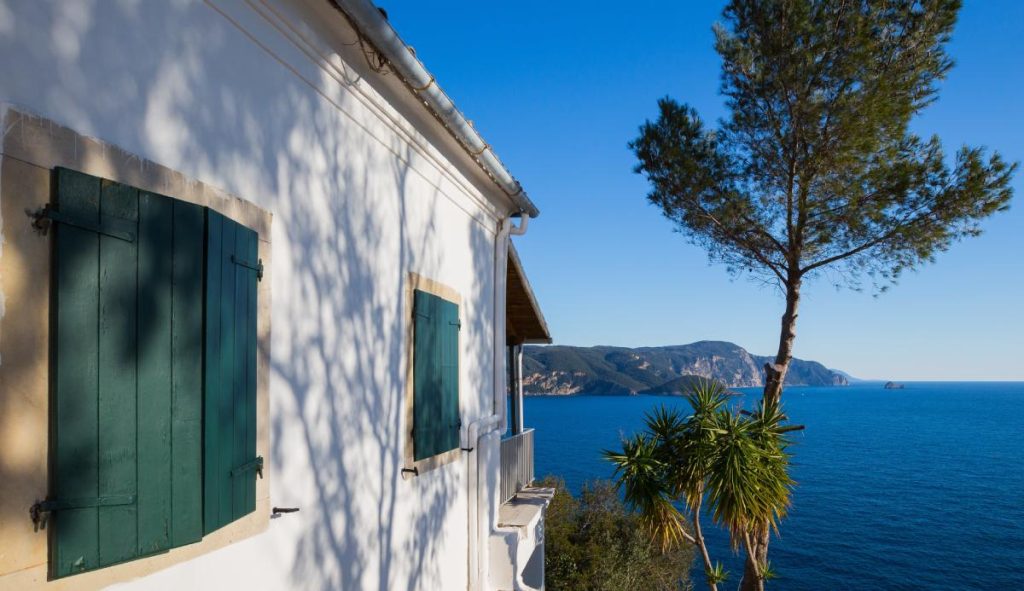
May 31, 2025

Test Blog
f you are contemplating the purchase of a house in Spain as a foreigner, you’ll need to navigate through some essential legal procedures before you can call any property your own.
The Spanish property market is marked by its unique characteristics, and it’s imperative to conduct thorough research before taking the leap into homeownership in Spain. Knowing what to anticipate when embarking on a property acquisition journey in Spain can save you from potential pitfalls as you establish your life abroad. Factors to stay attuned to when purchasing property in Spain encompass guarding against property scams, navigating high capital gains tax implications, and staying ahead of fluctuations in the dynamic Spanish real estate market.
The steps to be followed when acquiring a house may not always seem straightforward, and it’s vital to have a crystal-clear understanding of the taxes and expenses you’ll encounter on your path to property ownership.
Whether you are seeking property in the idyllic coastal regions or bustling metropolises such as Madrid or Barcelona, this comprehensive guide is designed to offer you invaluable insights, ensuring a seamless transition to property ownership in Spain.
Are there any requirements to buy a house in Spain?

buying a property in spain
The only thing you need when buying a property in Spain as a foreigner (in legal terms) is the NIE (Número de Identificación del extranjero). This number, which is unique to each individual, is essential to carry out any transaction in Spain. Since it must appear on all documents that you sign or are issued in Spain, you must have it before signing the deed. The NIE is not complicated to obtain, but it does take a long time; ask your real estate agent to make it easier for you to obtain the NIE in order to speed up the process as much as possible.
In addition, although it is not compulsory, having a bank account in Spain will make all the formalities easier, as it will make payments faster and will probably save you some commissions.
Finally, remember that once you are the owner of a property in Spain, you must appoint a tax representative if you are not resident in Spain.
How to buy a home in Spain step by step.

Although each buying process differs significantly, in general, the phases found in any real estate operation would consist of the following:
Tax and Budget Planning buying a house in spain
The costs of acquiring a house are mainly paid by the buyer, and vary from region to region. Taxes and other paid by the buyer include:
- Property transfer tax 6–10% (existing properties) / VAT (or IVA) at 10% (new properties);
- Notary costs, title deed tax and land registration fee 1–2.5%;
- Legal fees 1–2% (including VAT).
Get your NIE
Contact the Spanish administration to get your tax identification number. You don’t need a bank account to buy a house, but we advise you to get one before buying the house. Here you can check out the best bank accounts in Spain.
Search for properties in Spain

how to buy a house in spain from uk
Our lawyers can help finding properties in Spain. If you feel confident enough, you can also search for a property yourself, by making use for portals like Idealista.com, fotocasa… etc. When looking for properties, you might want to make sure that the ads that you see are not scams. This is what you should look for when searching for a home in Spain:
- The qualifications of the attorneys or real estate agents engaged
- There is adequate planning approval, according to the land registration (Registro de la Propriedad).
- There are no outstanding obligations on the property
- That the structure of the property is sound (either a surveyor or an architect can do this).
WHAT IS THE SPANISH LAND REGISTRY?
The Spanish Land Registry (Registro Catastral) is a government-run database that keeps track of who owns what in Spain. It should be updated every time a property is sold and transferred, in order to safeguard ownership rights and prevent a property from being sold again.
Reservation agreement and letter of Intent.
When a buyer pays a fee and reserves the right to acquire a property in Spain for a set length of time (the reservation term), it is known as a reservation agreement. During the reserve period, the builder or developer states that the property will not be sold to another party.
In addition, a letter of intent may be presented by one party to another party and subsequently negotiated before execution (or signature).
Payment of the Property Transfer Tax or VAT










Macie Bellis
Consectetur adipisicing elit.John Smith
Lorem ipsum dolor sit amet, consectetur adipisicing elit, sed do eiusmod tempor incididunt ut labore et dolore magna aliqua. Ut enim ad minim veniam.Shay Jordon
With our vastly improved notifications system, users have more control.